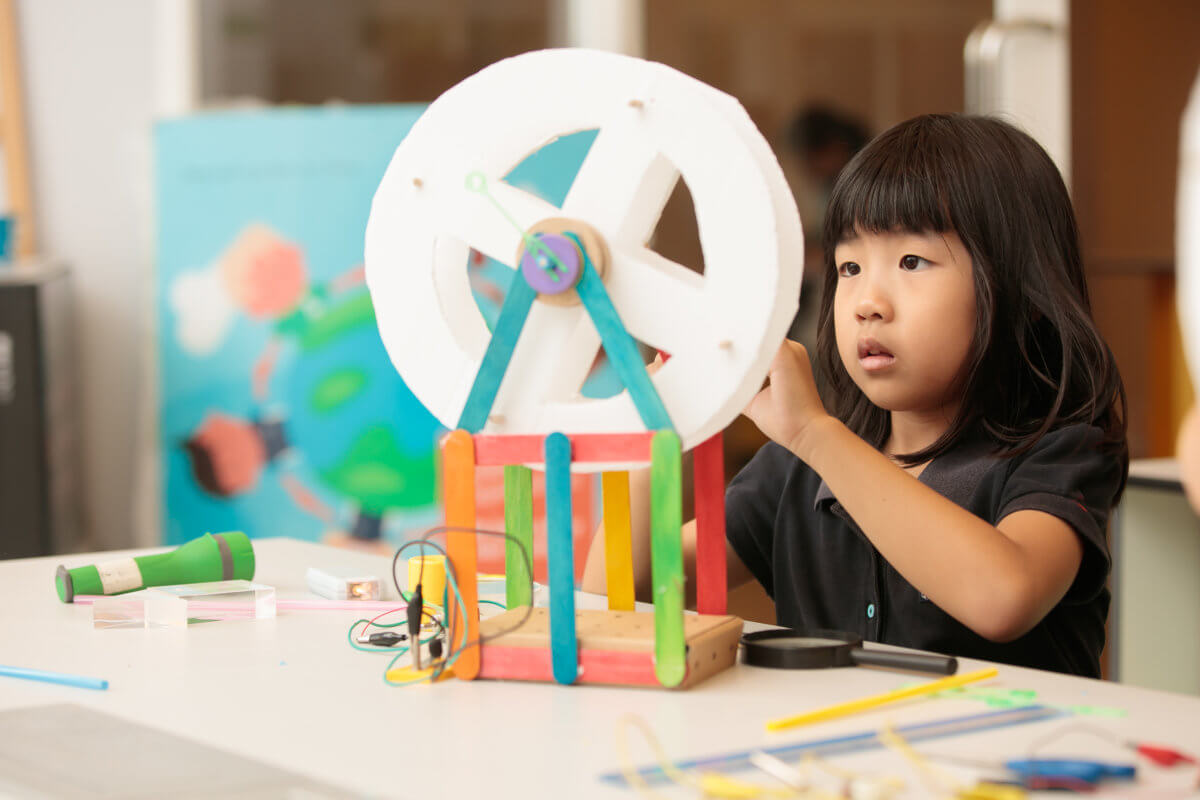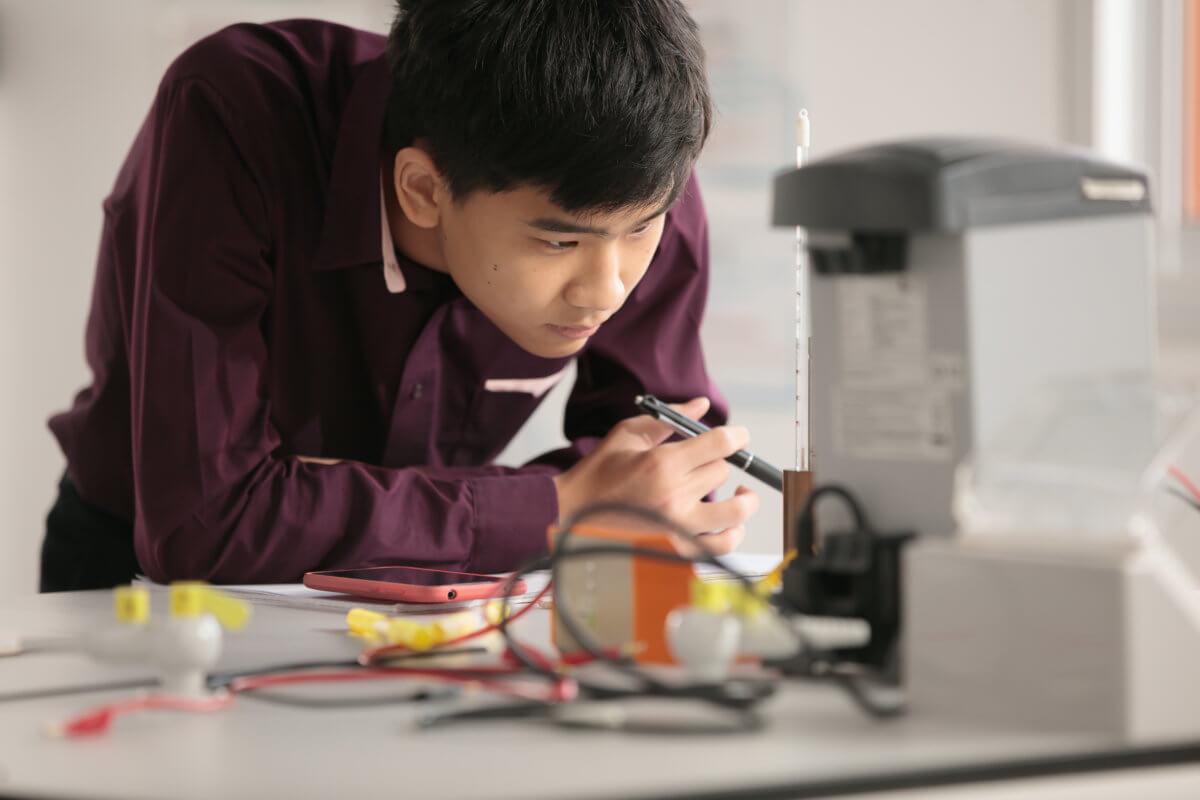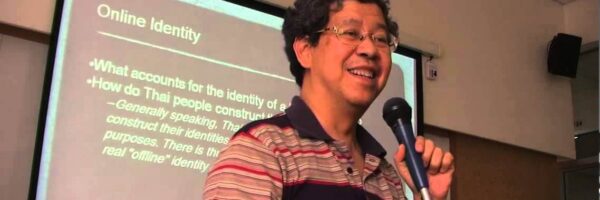
Why are real world events so important to STEAM education?
Your child’s natural desire to learn, experiment and question is fundamentally important to their education and development, so at Regents International School Pattaya we don’t give our students all of the answers. Instead, we give them some of life’s most interesting questions and challenges, and the tools to tackle them. Our aim for your child is that they learn creativity and resilience throughout their education with us. When they leave school and take their first steps into university and beyond, we want them to do so with the confidence of real global citizens. The question is, how do we teach that?
Exploring real-world challenges with STEAM
STEAM stands for science, technology, engineering, art and mathematics, but it equates to more than a series of subjects. Whether in the classroom or through our extra-curricular platform Global Campus, our teaching and thinking around STEAM is the key to your child learning about their impact on the world around them and how exciting the possibilities are.
You will recall that from a young age your child began to explore their surroundings and from there their perspective grew. STEAM takes this natural curiosity which students have as young learners in early years and primary, through to their teenage years in secondary school, and builds on it with a contextualised, skills-based approach to teaching. It encourages the natural instincts your child has for learning about where they are, how things work as they do, and why it matters, and asks them to apply that curiosity to solving real-world challenges.
Our exclusive collaboration with MIT
Underlying our STEAM education is our exclusive collaboration with the Massachusetts Institute of Technology (MIT). This relationship with MIT brings opportunities to our students which go far beyond their curriculum and the classroom. Your child might participate in our new MIT Abstracts series which gives them access to lectures with MIT professors, learning about what they are researching and the impact it will have on our lives, take on classroom or special at-home science challenges like our new Home Labs series, or even visit the MIT campus. The objective behind all MIT teaching is for students to understand and identify a real problem, and collaboratively take on the challenge of finding a solution to it – truly putting their creativity to test.
STEAM for young children
From our youngest years through to our oldest students, the role of STEAM is to teach core subjects by contextualising them. Forest School is an example of how we engage our early years students with the world around them. The Forest School is an interactive activities hub on Global Campus which shares engaging, outdoor tasks with our early years students each week. The aim of these activities, like town and city scavenger hunts, or nature walks, is to encourage young learners to begin engaging with the environment around them so that they can later understand their role within their local community, and beyond, and how they can make a positive impact on it.
Discover more
Whether at home or abroad, STEAM learning provides amazing experiences which teach our students about what being a global citizen really means. For more on how we teach STEAM, please visit our STEAM page or get in touch with our admissions team.






